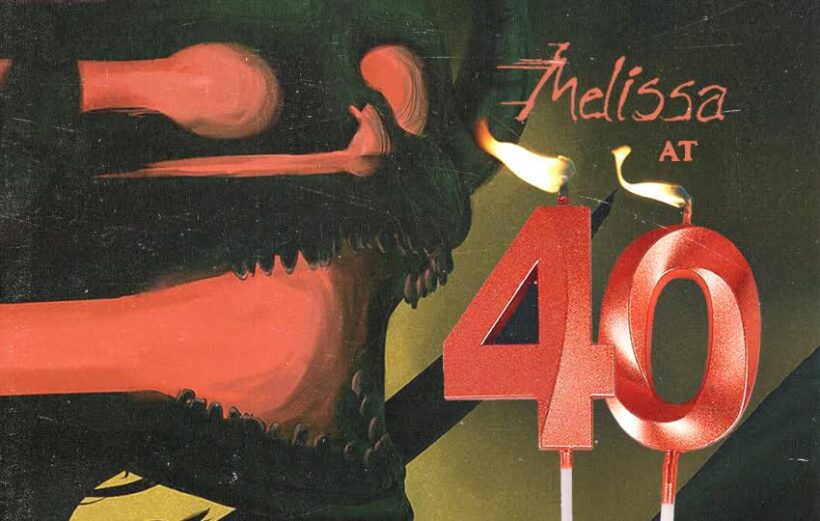
Metal fans have used many superlatives to praise Mercyful Fate’s Hall of Fame-certified debut, Melissa. Still, few have discussed how different the album was from everything else at the time. In the early ’80s, shorter, faster, and louder was the rule. Venom’s Welcome To Hell was a caustic punk album about Satan. Hellhammer embraced barbaric simplicity. Metallica never hesitated to discuss their love of The Misfits, and their debut Kill ‘Em All was as much a fitness test as an album.
There’s a simple reason for this: the ascent of punk in the ’70s changed music culture, not just what was played on the radio but in the underground. Metal embraced the less is more ethos and sidelined showmanship and arena excess. This would change when hugely popular bands like Iron Maiden made theatrical albums like Powerslave, but in the early ’80s, bombast was the exception rather than the rule. Even Maiden’s albums with original vocalist Paul Di’Anno seethe punk energy.
Mercyful Fate’s Melissa was an outlier. While no one would call Melissa prog, the influences of big production ’70s rock and even bands like Yes are noticeable throughout the album. Melissa sounds like it was made during an epic coke bender with limitless corporate dollars (Volume 4, anyone?) rather than a little less than two weeks in a Copenhagen studio. The nightmarish visuals and Satanic themes, which seem quaint in an age of school shootings and ascendant fascism, were genuinely frightening in the early ’80s. “Satan’s Fall” was famously one of the songs on Tipper Gore and the PMRC’s “Filthy 15.”
King Diamond’s music has always embraced song as showcraft. His falsetto is as unmistakable as his makeup. Years before King released Abigail—metal’s version of a Victorian ghost story—King was a long-form storyteller with a taste for the macabre and baroque. Melissa winks at his love of Lovecraft-Poe (“Curse of the Pharaohs”), Hammer horror (“Into the Coven”) and psychedelic blasphemy (the 10–minute-plus epic “Satan’s Fall.”) Four plus decades into Diamond’s career, Fate is able to bring these songs to life with an elaborate stage show with Broadway production levels. Even when you listen to the songs with no stage, the stories come to life—a sign that a gifted storyteller is at work.
Much of the credit rests with the brilliant guitarists Hank Shermann and Michael Denner. Four decades after Melissa’s release, their work on this album is still a benchmark for aspiring guitarists. Timi Hansen (bass) and Kim Ruzz were as creative a rhythm section as Ward and Butler were a decade before.
The beauty of Melissa and follow-up Don’t Break the Oath is that showmanship never comes at the expense of song. Melissa’s songs are a careful balancing act. In lesser hands, these riffs and ideas would seem scattershot. But King and co. always find the right idea in the maelstrom and focus. Like Elvish Mithril, the workmanship is so advanced that the naked eye can’t see it. As much as Melissa is a prototype for metal virtuosity, it is effortlessly accessible, which was clearly evident to the crowds that flocked to Fate’s comeback tour (everyone reading this).
Melissa’s legacy is legion. First, King’s outsized personality and theatrics influenced countless bands. Without King Diamond, the entire second wave of black metal would lack apocalyptic visuals. Second, Melissa encouraged generations of metalheads to ditch the herd and embrace their own path. Metal outwardly champions individuality, but the lure of the pack is strong. Melissa proved that following your path is the only path. On paper, the idea of King Diamond and Mercyful Fate both seem inconceivable. Melissa is that inconceivable idea brought to life.

